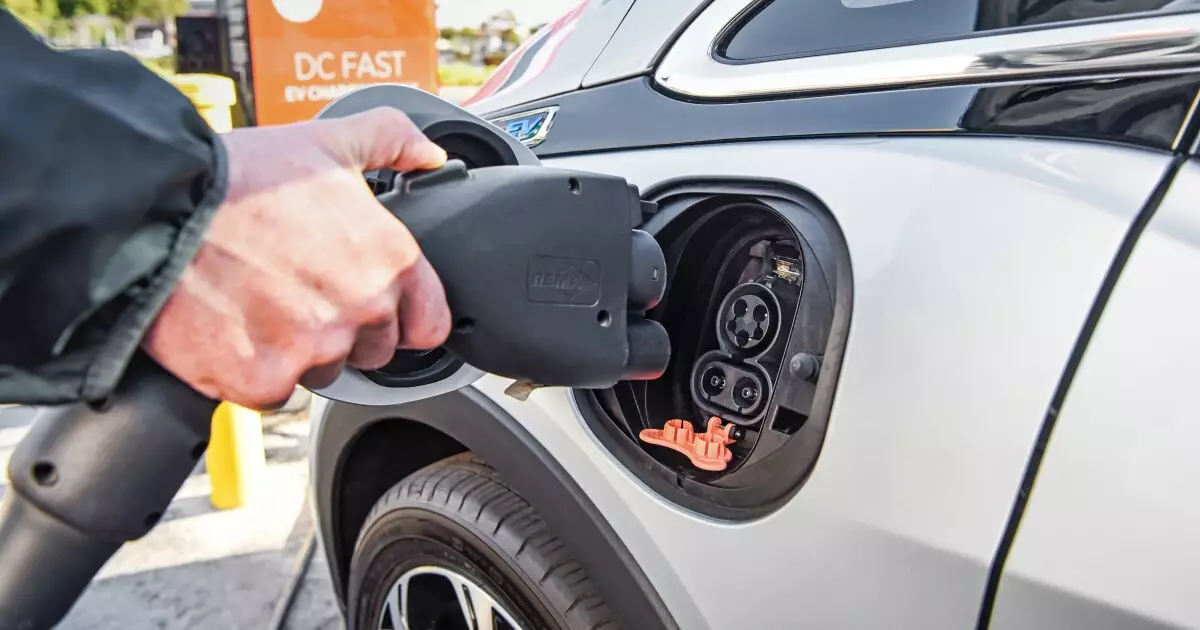Public opinion on the viability of mileage fees as a replacement for gas taxes has seen a significant shift in recent years. According to the latest survey from the Mineta Transportation Institute, support for a per-mile user fee has grown from 22% in 2010 to 39% in 2024. The survey also found that when these fees vary based on factors such as a vehicle’s pollution emissions or income, support for them jumps to 51%. This indicates that the public may be more open to exploring alternative revenue options for transportation funding.
Study co-author Asha Weinstein Agrawal emphasized that public support for mileage fees is highly dependent on how the fee is structured. The survey revealed that more than half of respondents supported a “business road-use fee” for delivery and freight trucks, as well as ride-hailing vehicles. Additionally, 64% of respondents supported lower mileage fees for low-income drivers. These findings suggest that the details of the proposal, such as how fees are distributed and who they impact, will play a significant role in garnering public support.
The current financial crisis facing the Highway Trust Fund, which is projected to become insolvent by 2027, has pushed the conversation around alternative revenue sources to the forefront. The reliance on the federal gas and diesel tax, which has not been raised in decades, is no longer sufficient to sustain the fund’s programs. The rise of electric vehicles and more fuel-efficient cars further compounds the issue by reducing the available revenue pool each year. The urgency of finding a sustainable funding solution has never been greater.
Congress is actively exploring various revenue sources to address the imminent trust fund insolvency. The Infrastructure Investment and Jobs Act, set to expire in 2026, established a pilot national motor vehicle per-mile user fee program and funded grant programs for state-level user fee initiatives. Additionally, many states have already implemented measures to increase revenue through bonds, fuel taxes, vehicle registration fees, and tolling. The adoption of EV fees in at least 33 states reflects a proactive approach to adapting to the changing transportation landscape.
As the transportation industry continues to evolve, policymakers must consider innovative solutions to ensure the long-term sustainability of transportation funding. The transition to electric vehicles represents a significant energy goal, but it also poses challenges in terms of revenue generation. The introduction of legislation like the Stop EV Freeloading Act highlights the need to address how electric vehicles can contribute to a user-pays system without burdening traditional vehicle owners. By exploring diverse revenue streams such as mileage fees, policymakers can pave the way for a more equitable and efficient transportation funding model.
The growing support for mileage fees as a replacement for gas taxes underscores the need for a comprehensive overhaul of the current transportation funding system. As the public becomes more receptive to alternative revenue sources, policymakers must seize this opportunity to enact meaningful change that ensures the long-term sustainability of transportation infrastructure. By addressing the evolving needs of the industry and embracing innovative solutions, we can create a more resilient and future-proof transportation funding system.

